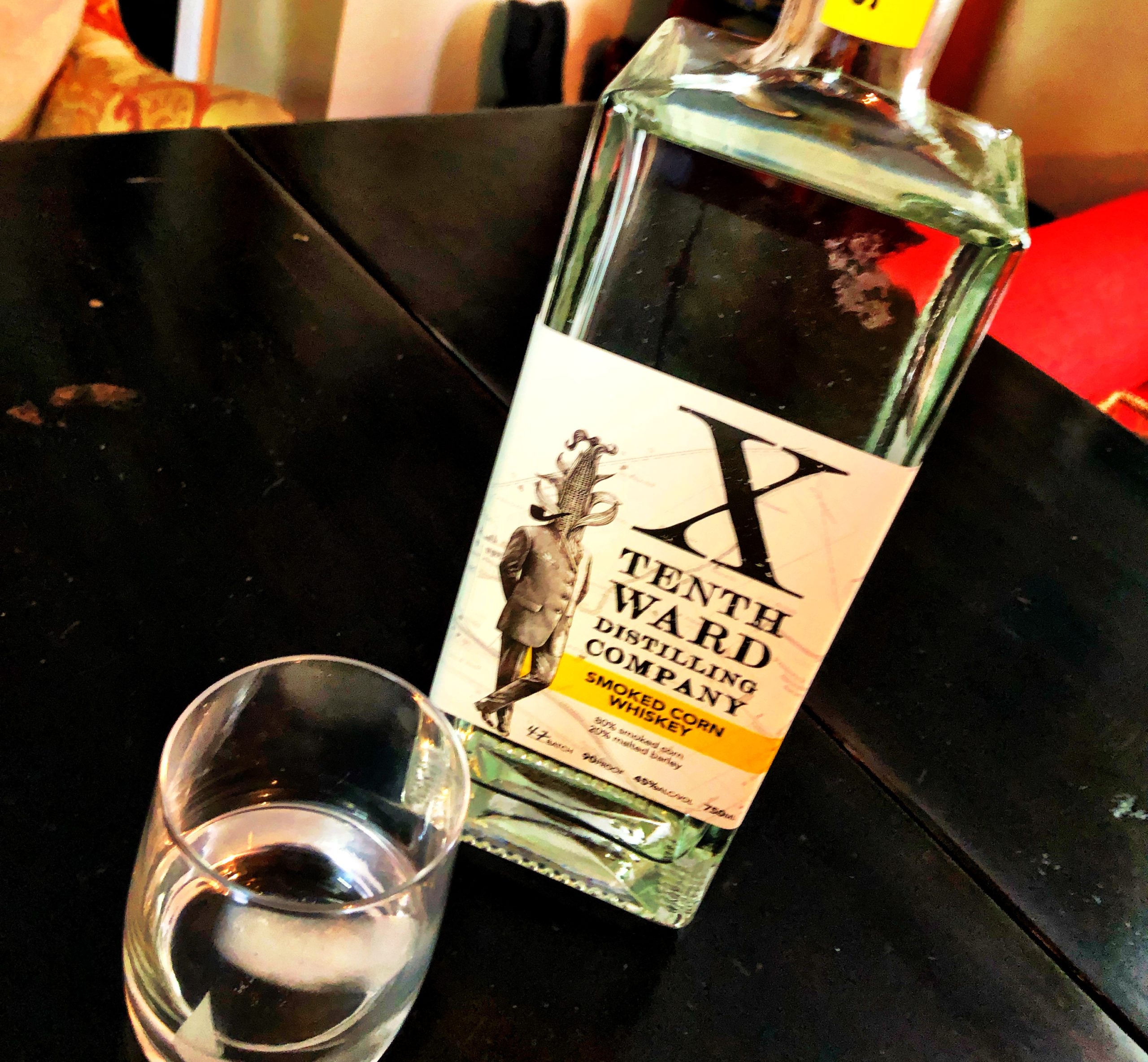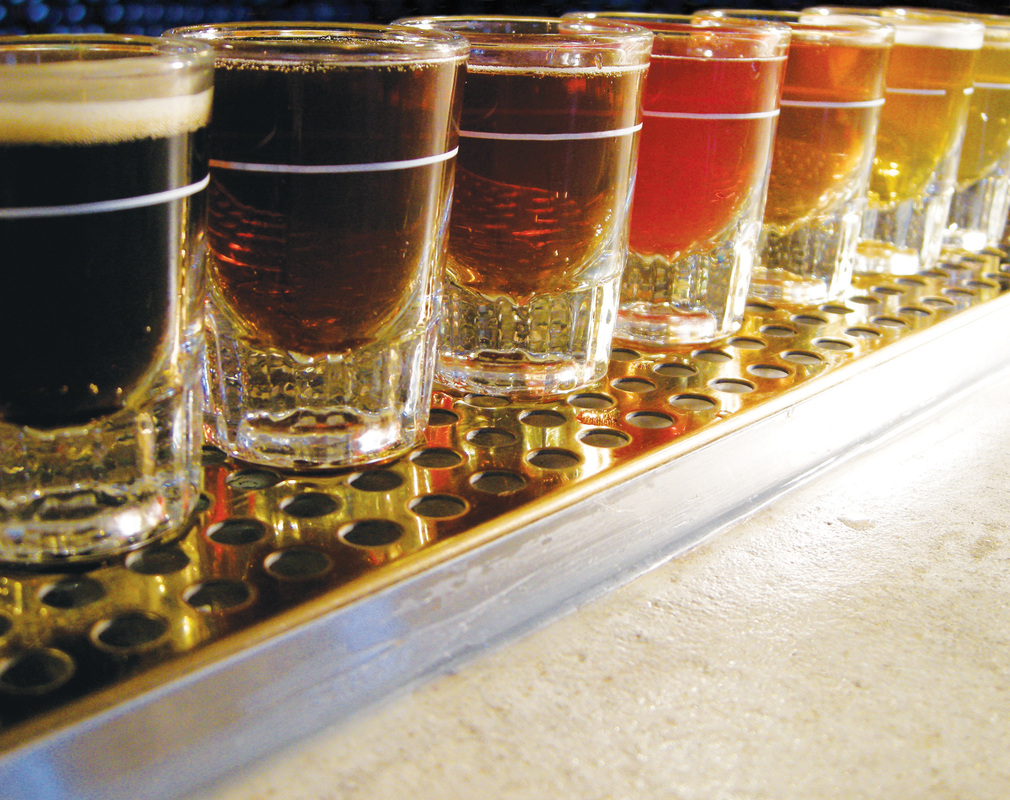by Kevin M. Smith
Well…a lot to unpack from the last couple of weeks. I’m going to start with the big to do at Union and then talk a little bit about the push by Marylanders for Better Beer and Wine Laws and their push for beer and wine sales at chain stores. But first Union Craft Brewing…
I think it’s fair to say that most people are aware of the incident at Union Craft Brewing – one in which a person in a position of power violated the trust of female employees. According to the allegations, a member of Union’s ownership group broke into female employees’ unattended phones and sent himself personal videos and pictures – illicit pictures of a sexual nature. Also according to the allegations, this happened in late 2018, or early 2019. I can’t speak to the accuracy of the fact that it was or wasn’t a member of ownership, but, for my own reasons, I believe it was.
In the wake of a social media post by a local artist named Mowgli, originally made about five months ago, Union hired an outside consultant in August, and finally made an announcement as to their course of action: removing the individual from his duties and responsibilities at the brewery. Partner Adam Benesch confirmed “the validity of some of the accusations.”
There are rumors that incidents of harassment go back to well before this particular incident. Again, I can’t speak to the veracity of this. Nor can I speak to how well this has been handled – if this spring was the first they heard about incidents of harassment, then they have acted with caution and deliberation. If it goes back several years, and they have only acted because it was being made public, then I can view this as little more than a publicity stunt meant to save face. Unless proof comes out that solidifies one or the other thing to be true, it will be easy for people to parse Benesch’s words. To some, “someone was removed,” equates to an employee being fired. However, if it is indeed a partner, and all they have done is have him agree to no longer spend time at the brewery, a sexual predator continues to profit from the business, unless he is ousted as a partner.
Benesch said, “we can and we will do better.” Again, they are taking some of the right steps right now, but I have to admit looking at this with a jaundiced eye. I understand that they are citing privacy issues, and there was probably a non-disclosure agreement involved, but I would have liked them to be specific about what they might be doing to remove this person completely from the brewery (parsing the words from the release, they didn’t fire anyone – they removed someone from a position where he would be able to continue his harassment). I don’t just want to see what they’re doing now. I want to see what they do in the long run. If it is a partner, they need to find a way to buy that partner out. Until they do that, the individual in question, again – if it is indeed a partner – continues to profit from the company. That doesn’t seem quite right.
Some are calling this “cancel culture.” It’s a stupid and lazy term, meant to be insulting to people who show their disapproval of a business by spending their hard earned dollars elsewhere. It’s schoolyard name calling. I only bring it up because it came up in a Baltimore Op-Ed piece about this. While the woman writing it has some valid points – referring to people’s choice not to spend with Union as “cancel culture,” is a way of both dismissing and diminishing the reasons of those who are now unwilling to support Union.
Yes, Union provides jobs to many of the people local to the Medfield neighborhood in which they are based. They attract customers from out of the area, a portion of which will stop and spend money at other local businesses. Craft breweries are proven as an economic engine that drives redevelopment of neighborhoods due to these things. These are all good things that the brewery has done. However, they’re only at the beginning of rebuilding their image and Union is going to have to be proactive and much more transparent going forward than they are now.
I’m not asking for names. I just want to know that the individual who has been relieved of his brewery duties is no longer profiting from the brewery before I’m spending my money with them again.
As for Marylanders for Better Beer and Wine Laws, and the push for beer and wine to be sold in chain stores (ie; supermarkets, big box stores, and chains like Walmart and Target). This has been a somewhat controversial issue in Maryland. Proponents argue for the convenience, opponents equate the small liquor stores with craft breweries, and see this as similar to macro brewing’s efforts to stifle the craft market.
Personally, I’m for it.
I’ve worked in the retail side of things, and have lived in states where wine and beer sales are legal. I’ve spoken to regional buyers for supermarket chains, and beer (store) managers for many chains. And I firmly believe that the small retailer can co-exist with the larger chain.
First – it happens right down the road in Virginia. Kettles & Grain, and Leesburg Gourmet co-exist with Wegman’s, Target, and Total Wine, and have for years. The same goes for New York, and Massachusetts – you can pick up a six-pack or bottle of wine in the grocery stores, or you can do it at a liquor store. There are plenty of examples where the two business models co-exist.
Second – a small store is more likely to get their hands on small-batch offerings. That doesn’t mean that the big boys can’t – they can, and they do, but with much less frequency, and they can’t offer those things at all locations. By definition, the small batch offering is something they can’t get much of. Large stores deal in volume, and the beers are typically ordered through a regional beer manager (for example, you might have one person ordering for all the Walmarts in Northern Virginia). That manager usually does not want to get into the minutiae of ordering a case or two of Olde Mother’s Rum Barrel Matriarch for one store. Because if he has 40 stores, and they’re all looking for a different regional rare beer, accounting gets difficult. Even if you’re looking at only 40 percent of the stores making those requests, but they average three different rare beers per order, you’re looking at one base order for 24 stores, and then an additional 48 special orders for 16 stores. And with small batch beers, there’s no guarantee there will be enough for the account.
It’s a headache that the regional beer managers generally don’t want to deal with.
As for surviving with a big store down the street – look no farther than Laurel, home to more than a baker’s dozen worth of liquor stores, not including one of the few Maryland locations of Total Wine. Total Wine does a better job than those other large chains at bringing in local, and small batch. Even so, their presence hasn’t significantly impacted the stores around them.
As good as Total Wine is, they still can’t compete with the ability of a beer manager like Rob Goss at Whitey’s Liquors, just a short 15 minute drive from the Laurel Total Wine. He’s just too well connected to the local beer community – again, allowing Whitey’s to land not just beers that are harder for the chains to get, but allowing the store to hold events that just aren’t going to happen at your local supermarket.
Besides, how is it significantly different than being able to pick up beer and wine at the Sheetz?














Follow Frederick Behind Bars!